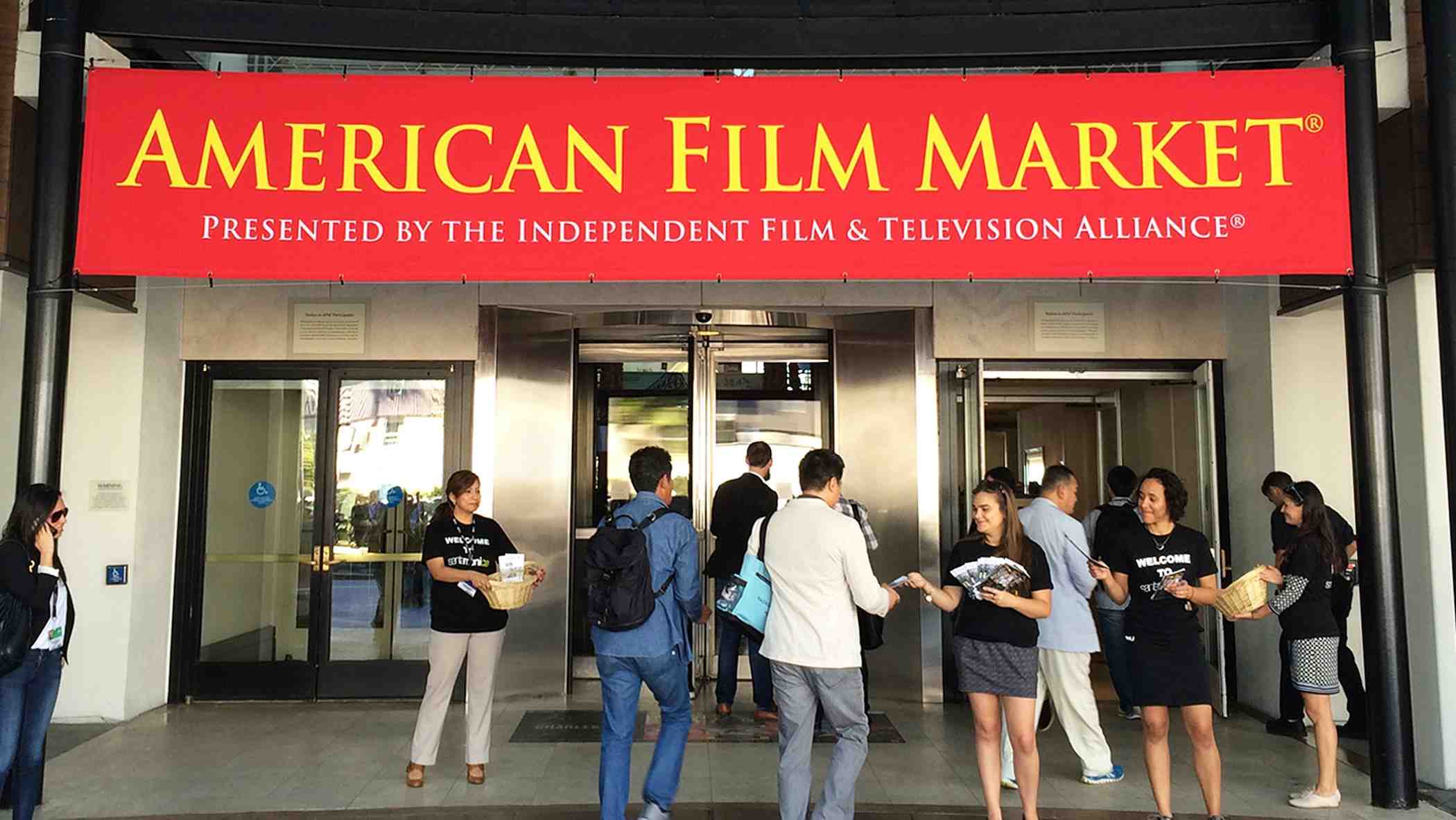
AFM Blames ‘Bad Actors’ for Press Accreditation Issues—Or Are They Just Forcing Journalists to Pay to Play
The American Film Market (AFM) and Press Accreditation
The American Film Market (AFM) recently shook the industry with its controversial move to restrict press accreditation for journalists having IMDb credits. This reaction to reported rogue participants—those who allegedly hijacked pitches and exclusive sessions—raises eyebrows. Some see it as a clever ploy to monetize access, making journalists pay to play, especially during a turbulent Vegas transition. Regardless, legitimate media folks face the fallout as AFM navigates this accreditation conundrum.

New policy or cash grab?
AFM, the American Film Market that we pop-culture vultures flock to every year, is shaking up its press accreditation process. Historically, issues arose, with some bad actors gatecrashing events, causing ruckus, and sidestepping into meetings with ulterior motives. Now, AFM is upping security, screening those with IMDb credits to weed out potential troublemakers. How often this actually happens, you ask? The truth is foggy but industry whispers suggest it’s less of a problem than AFM claims.
Some speculate that the AFM’s new measures are less about security and more about dollars. With complaints surfacing about exorbitant fees for full passes, some journalists wonder if AFM is just looking to balance the books. The move from Santa Monica to Vegas hasn’t been the smoothest, with reports hinting at cost overruns. Add to this, sources suggest the slot machines—rather than the films—might be snagging the limelight this year.
The AFM’s narrative of protecting the industry’s sanctity is alluring, but at what cost? Critics argue that legitimate press could end up sidelined, unable to share the creativity emerging from the festival. By tightening the reins on press access, is AFM stifling the very exposure that cinema desperately needs? The lingering question, at the end of the day: Is AFM focused on fostering industry safety or simply monetizing media access under the guise of protection?

A credible conundrum
Several journalists argue that AFM’s new accreditation rules are a blatant move to extract cash from media types desperate for an in. The market, known for its chaotic charm in Santa Monica, seemed less welcoming when shifting to Vegas in 2024. Still, claims persist—were rogue journalists truly spoiling the AFM party?
A deeper dive into the intrigue reveals industry insiders lamenting lost opportunities. With press credentials now harder to secure, questions arise regarding AFM’s priorities. Is this crackdown a sensible strategy against genuine rule-breakers, or an exploitative gatekeeping venture to maintain control over who gets to enter the backstage hustle?
Reports suggest AFM’s motives remain murky. A balance must be struck between managing its more colorful characters and alienating the very press corps tasked with celebrating its spectacles. As the saga unfolds, AFM continues to reshape an event as storied as the films it fosters, sparking heated debates in every cinematic corner.

Vegas gambit or industry safeguard?
AFM’s recent accreditation crackdown, targeting journalists with IMDb credits, whispers of covert intentions. Yet the supposed threat of bad actors infiltrating events remains ambiguous—a convenient ghost story for some. Pop-culture enthusiasts see a suspicious pattern: hurdles for the press amidst the blinding glitz of Las Vegas. Is AFM enforcing safety or leveraging a lucrative profit angle?
Critics argue that the AFM’s fees and hindrances on actual journalists border on censorship. In an era where cinema yearns for expansive reach, stifling press access could be a step backward. Analysts perceive this move as AFM’s misguided attempt to control the narrative while the industry’s pulse beats for freedom. The event’s creative core risks suffocation under financial scrutiny.
For now, the AFM’s motives remain a hot topic for debate. Will these press restrictions ensure security or silence voices vital to film discourse? Only time will reveal whether AFM’s strategy deftly navigates the complex seas of safety and commerce—or if it stumbles over the tightrope, revealing its true colors. Either way, the silver screen’s future coverage hangs in the balance.
Did you get a chop from press access to this year’s AFM? Tell us all about it in the comments.



